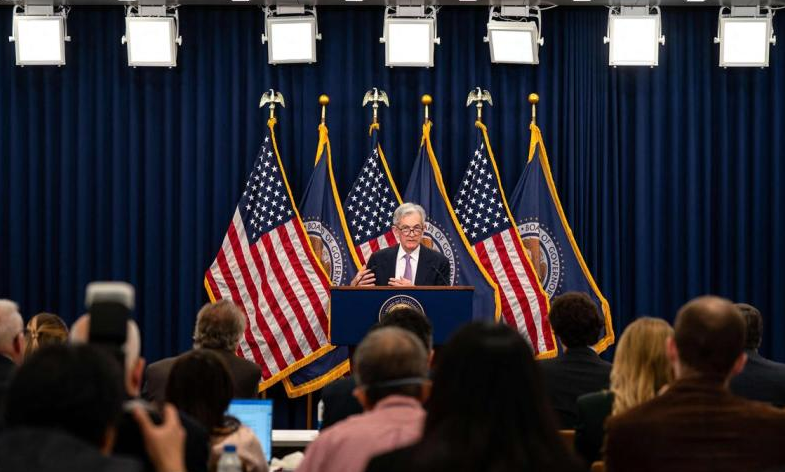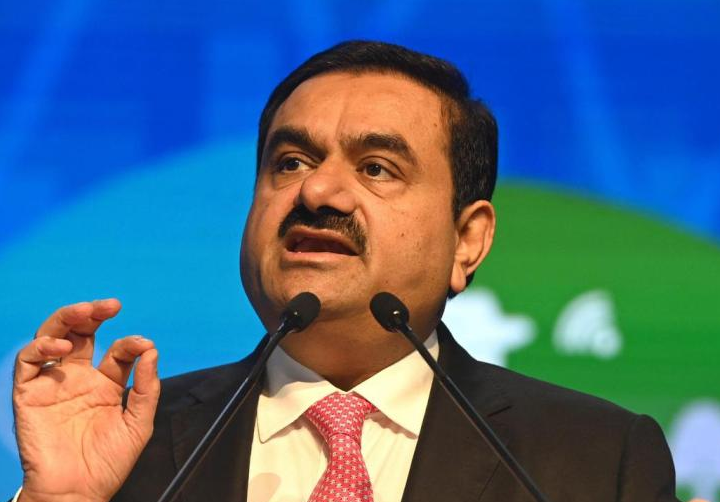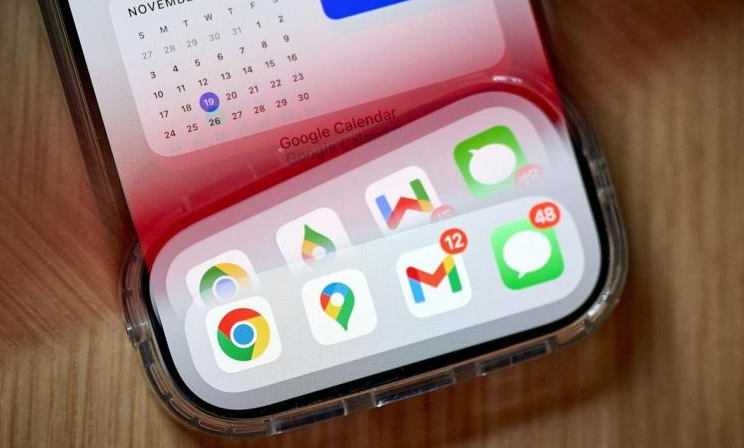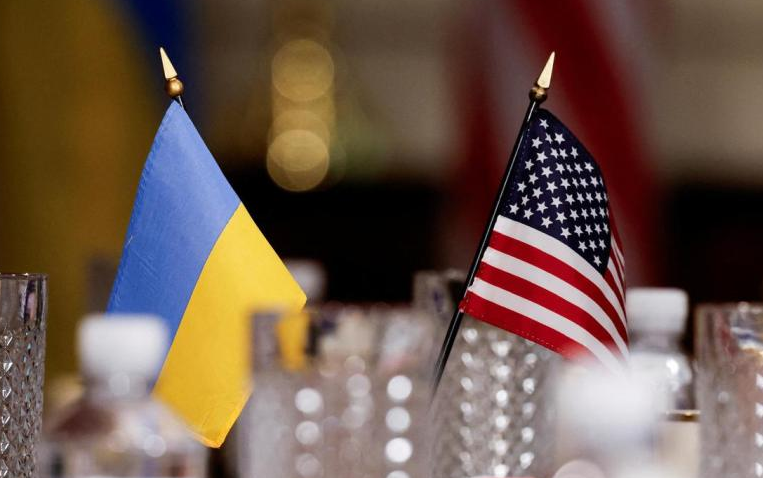
“American First Policy Institute” (AFPI) is the architect behind “Trump 2.0”, and one of its leaders, Michael MacMahon, has been designated by Trump as the head of the government transition team. AFPI has developed a policy white paper called the “American First Agenda” for Trump and is prepared to replace all civil servants who are not loyal to Trump without needing any reason for dismissal, as they have planned. Trump may once again reappoint former trade representative Lighthizer, whose “greatest” achievement was in the 1980s as the deputy trade representative in the Reagan administration, pressuring Japan to accept various export restrictions and causing a significant appreciation of the Japanese yen. If he is reappointed, all major trading nations in East Asia need to be cautious.
Former President Trump and the Republican Party have won big! Not only will Trump return to the White House, but the Republicans will also control the Senate and possibly win the House of Representatives, forming a complete governing trifecta. How will Trump’s whirlwind sweep across America and achieve “perfect revenge”? His opponent Vice President Harris warned voters in the final campaign rally that if the revenge-driven Trump is elected, he will bring a “hit list” into the White House. How will Trump retaliate against his enemies once elected? What impact will “Trump 2.0” have on the global political and economic landscape?
Trump not only secured seven key swing states, but according to an analysis by The New York Times before the counting was fully completed on the 6th, based on votes already counted across all counties in the U.S., over 90% of counties have shifted their support to Trump, regardless of who they supported four years ago. Additionally, in analyses across different categories such as age, ethnicity, education, socio-economic status, urban or rural areas, etc., Trump is leading Harris in almost all classifications.
Trump’s big victory also indicates a shift in the American mindset – a comprehensive move towards the right, leaning towards conservative positions.
The current President Biden represents the mainstream establishment of the Democratic Party, continuing the liberal path of the late President Roosevelt (although he was a Republican), emphasizing social fairness and justice. Four years ago when Biden ran, the progressive wing of the Democratic Party started to rise, represented by figures like political newcomer Alexandria Ocasio-Cortez, who was elected to Congress at the young age of 29 in 2018. Progressives emphasize identity politics and advocate for political activities focused on minority rights such as gender, ethnicity, and sexual orientation, attracting support from many young women and minority groups. While Harris may not be as radical as the left-wing of the Democratic Party, as a female political figure of minority descent who supports abortion rights and focuses on the rights of the socially disadvantaged, she can garner support from progressive voters. This is why Biden chose her as his running mate, even though she was originally his competitor in the presidential race.
Four years ago, the Biden-Harris combination successfully united the mainstream establishment and progressives of the Democratic Party, leading to a slight advantage over Trump. However, in the past four years, there has been a change in the American mindset where identity politics is no longer as appealing, and people are more concerned about practical economic issues. Despite the Biden administration maintaining the vitality of the U.S. economy, continuing to lead globally in technology, finance, and markets, and successfully countering challenges from China, recent years have seen inflation impacting the lower and middle class, border control being too lenient, and a large influx of hopefuls (including Chinese migrants) attempting to cross the southern border. Even some Latinx Americans are dissatisfied with the border policies.
It’s not that discrimination and inequality issues no longer exist in the U.S., or that people are no longer concerned about them, but rather more Americans believe that some identity-based solutions cannot solve the problems. Additionally, in recent years, there has been an increase in young women supporting progressive political proposals, but conversely, more young men are leaning towards conservative ideals. They have become more pragmatic or even “reactionary,” drawn towards right-wing populist ideologies, which is not just unique to the U.S. but has become a global trend.
Therefore, Harris no longer has the advantage she once had in attracting votes for the Democratic Party. Besides taking a firm stance on abortion issues and having clear positions, she does not have persuasive policy proposals on important economic and other domestic issues to convince voters. In her choice of a running mate, she did not opt for a mainstream Democratic figure like the swing-state governor of Pennsylvania, Shapiro, or the senator from Arizona, Kelly, but instead selected a more marginal, left-leaning figure in Walz. In contrast, Trump’s choice of Pence, a Silicon Valley technology billionaire spokesperson who comes from the working-class of the Rust Belt region and can gain the support of the working class, was strategic.
Given these changes in American society, Harris struggles to capture the center-right voters, putting her at a disadvantage in the election. Even though Trump has made many remarks displaying bias against women and ethnic groups, the percentage of Latinx and African American people supporting Trump has increased. An analysis by The New York Times of voting results from various counties found that in 347 counties where African Americans make up over 25% of the population, the Republican Party received a 4.1% increase in votes in this year’s presidential election; in 228 counties where Hispanics account for over 25% of the population, the Republican Party saw a 9.5% increase in votes, and in 290 counties where white people make up less than half of the population, Trump’s votes increased by 6.9%.
Micro factors defeated Harris, not Trump’s increased strength as seen from the debates where he showed signs of aging and didn’t present any significant macro policies. It was more about Harris and the Democratic Party’s inability to adapt to the changing environment and their policies failing to convince voters.
What impact will Trump’s election have? He has already declared that on his first day back in the White House, he will immediately fire special prosecutor Jack Smith, who sued him for illegally holding government documents and interfering in the 2020 election. He also mentioned releasing those involved in the Capitol Hill incident, initiating the largest-ever deportation of immigrants, dismantling the Green New Deal, and promoting oil development. While some of these statements may be off-the-cuff, based on Trump’s past actions, he is known for seeking retribution.
It is certain that a group of people are already planning a series of policies for Trump’s return to office, with various presidential executive orders drafted. The “2025 Plan” by the traditional American Foundation, rumored to be creating a policy blueprint for “Trump 2.0,” was denied by Trump himself. According to The New York Times, the America First Policy Institute (AFPI), founded by three Texas billionaires in 2021, is the architect behind “Trump 2.0.” During the election campaign, AFPI members quickly infiltrated various corners of the Trump organization, with one of its leaders, Linda McMahon, a former Trump cabinet member, designated by Trump as the head of the government transition team, and the CEO, Brooke Rollins, seen as a top candidate for White House chief of staff for “Trump 2.0.”
AFPI has prepared a policy white paper called “The America First Agenda” for Trump. Rollins has revealed that AFPI has drafted nearly 300 executive orders ready for Trump to sign upon taking office. Like “The America First Agenda,” they are also prepared to replace any government employees who are not loyal to Trump – according to their plan, they can be dismissed without any reason.
Trump’s foreign policy is expected to challenge allies and enemies alike. The network of alliances across the Atlantic and the Pacific that Biden painstakingly built may be disrupted by Trump’s unilateralism. He may negotiate with Russian President Putin to end the war in Ukraine. Trump may reappoint former trade representative Robert Lighthizer, known for his protectionist stance which was unfriendly towards trading partners during his time in the Trump administration. If he is reinstated, major trade-exporting countries in East Asia need to be cautious.
Improving US-China relations will be challenging. The key question is, what deals will Trump want to make with Xi Jinping in the next four years? Taiwan also needs to worry about becoming a bargaining chip. It’s not unthinkable that Trump might use Taiwan as leverage – if so, it wouldn’t be surprising if Trump one day picks up the phone to congratulate Taiwan’s President Tsai Ing-wen.









